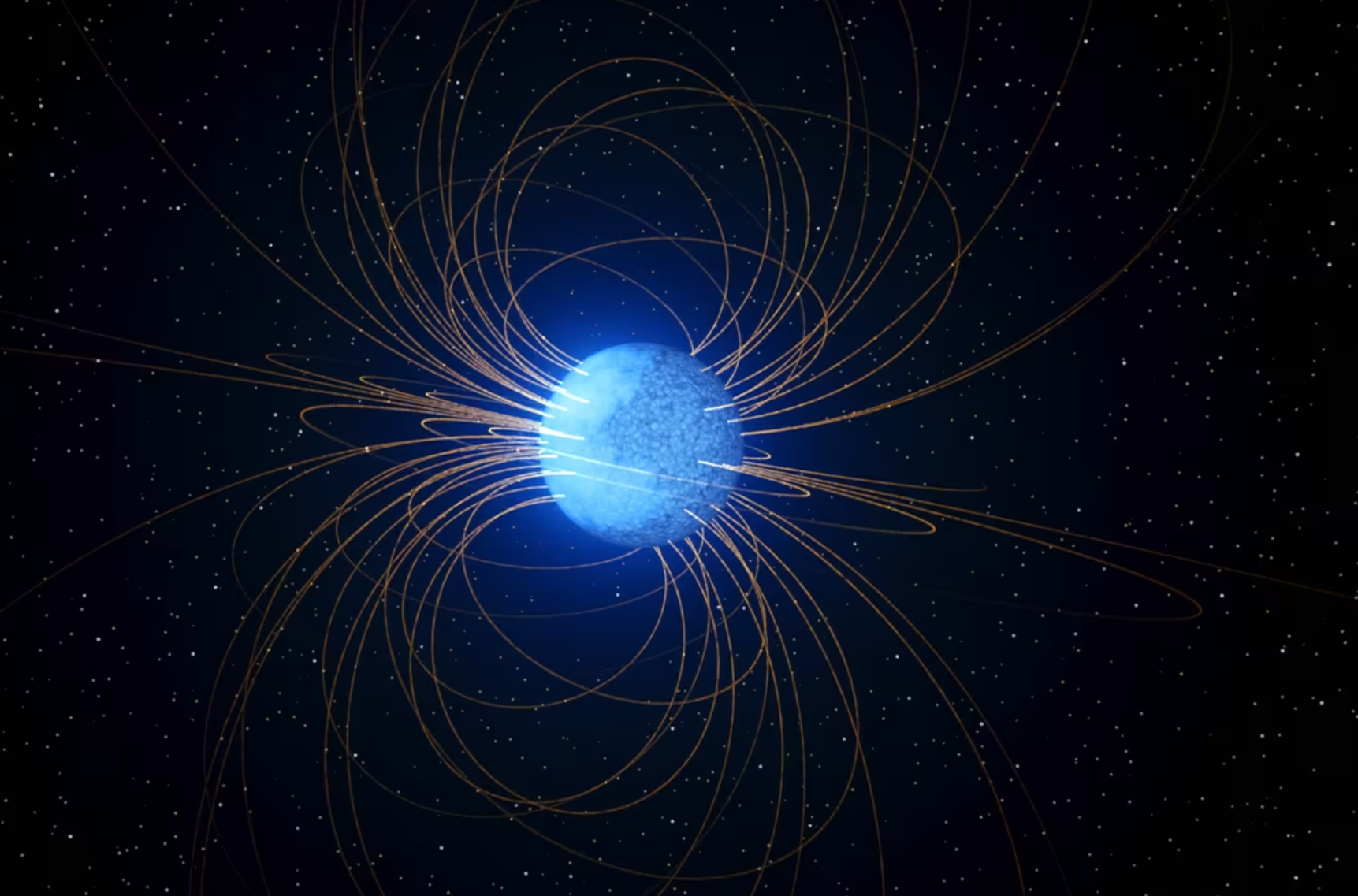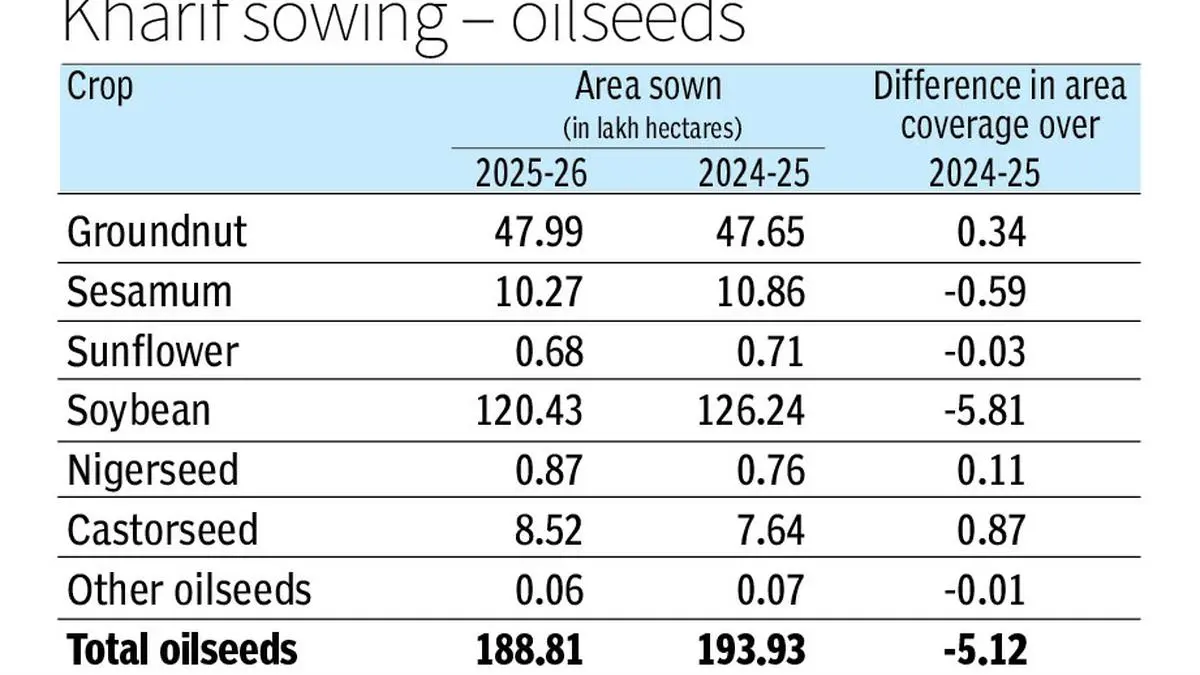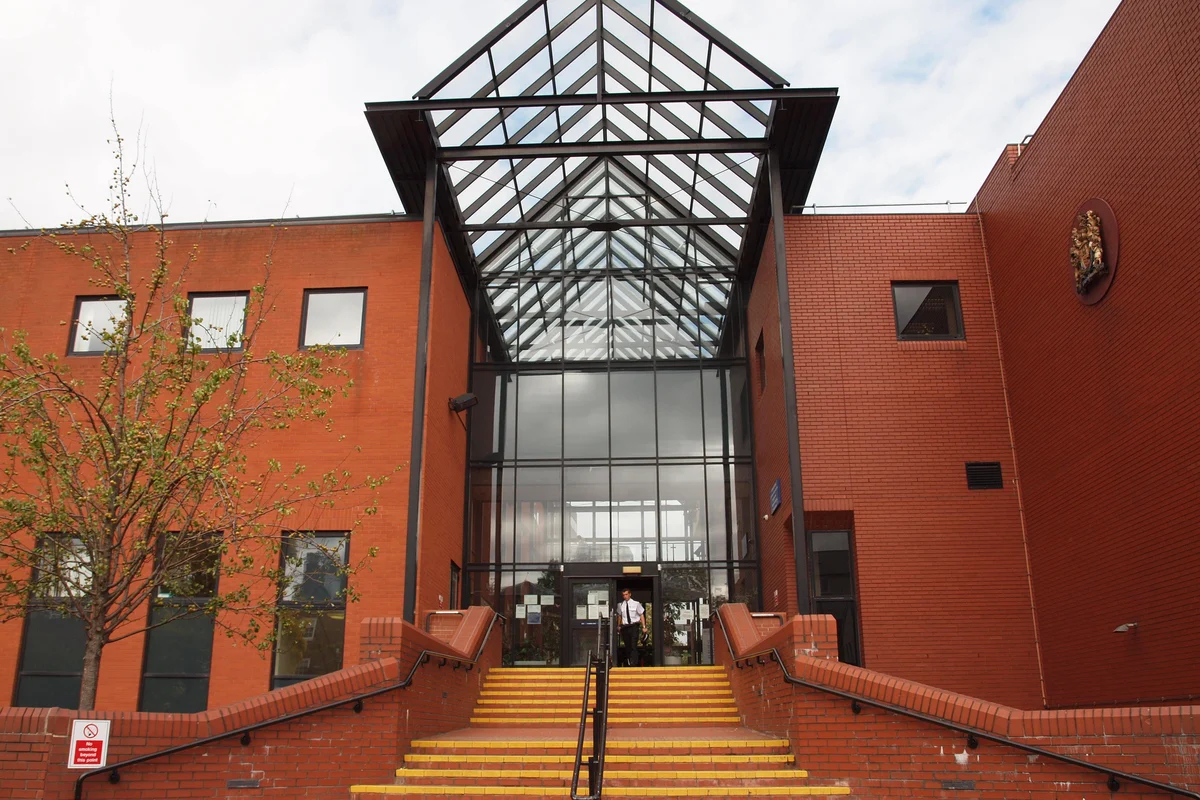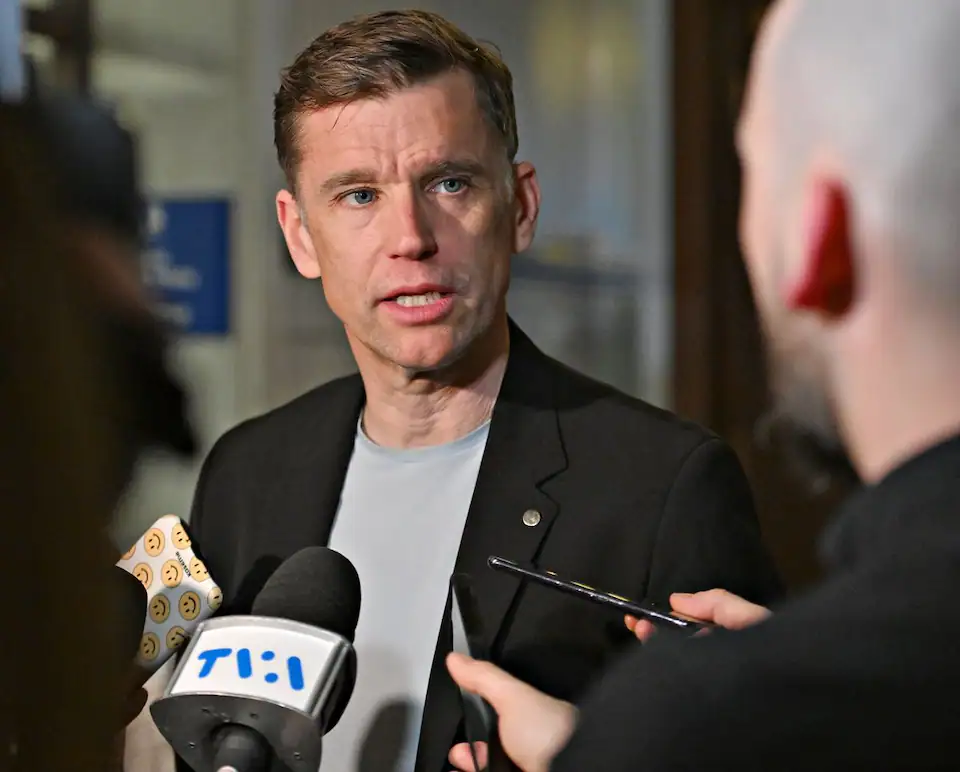By Max Uechtritz – Special Contributor
Copyright postcourier
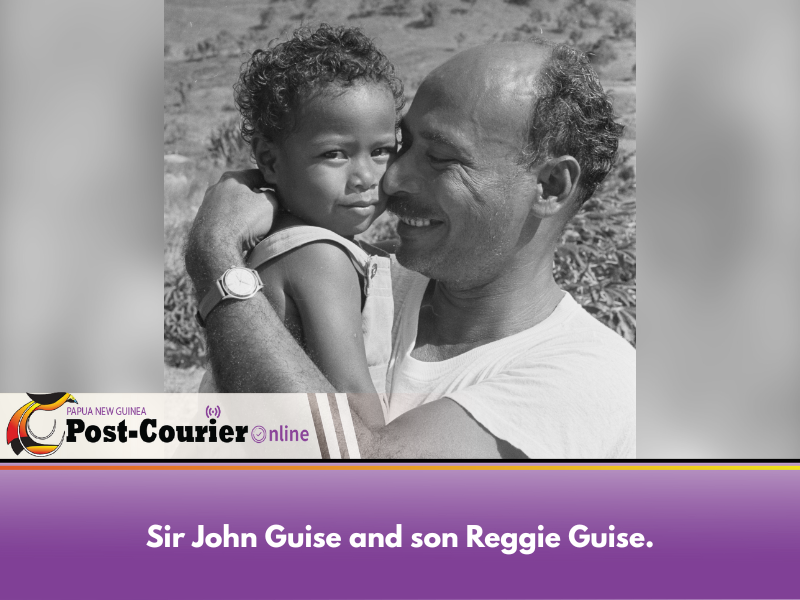
The Nation’s Gamechangers
In his inaugural address, Guise spoke at length on his humble village origins and said that he and his wife (Unuba née Aukai) would continue to be what they were, “simple village people with no false trimmings in our official lives”. He would maintain impartiality despite any affiliations he had and “will not rubbish any member of the House”.
In his welcome to Governor-General Lord Casey, Speaker Guise was on point, focusing on his topic of passion, unity.
“You will launch Papua New Guinea into a new era of further national progress, of nation building. The first requirement of these, as I see it, is for the creation of unity of all tribes and races and people to become conscious of being one people in one country with one single political identity and one name.”
Reggie Guise remembers a loving father who dedicated so much of his life to public service.
“My father was ‘owned’ by the people of Milne Bay and Papua New Guinea and travelled the country and the world,” he said. “But he insisted on being with his family on festive occasions, especially Christmas and Easter when he would shower us with chocolates and sweets.”
A beautiful photograph found in the NSW State Library shows Guise with his large family in the hills above Port Moresby in 1961. One shows toddler Reggie in his arms, both father and son beaming to the camera.
Reggie is in awe of his father being such an eloquent wordsmith, sending letters off to the Royal Palace, Australian Prime Ministers and ministers and other heads of Commonwealth countries. He assumes his father was self-taught by reading a huge library of books after his short primary schooling.
He is concerned that the new generations do not know and are not being taught the giant contribution of Sir John Guise, despite the stadium named after him in the capital.
He quoted Sir Julius Chan writing that his father was a political messiah to the younger politicians of the late 1960s and the early 1970s.
When he died In Port Moresby in 1991, Prime Minister Rabbie Namaliu described Sir John’s death as “a loss to the nation” while Opposition leader Paias Wingti said “PNG has lost its elder statesman and a father of inspiration to many leaders”.
Andrew Peacock, who was Australia’s Minister for External Territories during PNG’s independence push of the 1970s, described him as “a great friend” and “a statesman in the real sense of the word.”
The body of Sir John Douglas Guise GCMG KBE and his famous spectacles were flown to his family village of Lalaura for burial.
Reggie Guise says his father’s headstone and memorial gravesite are run down and in urgent need of repair. He’s hoping for assistance from the provincial or national government.
It’s a legacy worth preserving and honouring for the next 50 years and beyond.
About Writer:
Papua New Guinean born. ‘Max Uechtritz is a former ABC Foreign Correspondent, ABC Director of News and Current Affairs, Channel Nine News Director and Director of Programmes (documentaries and current affairs) of Al Jazeera English as well as film maker whose documentaries have been seen around the world. He has written for numerous publications in Australia and abroad over 40 years in journalism.
Word of thanks and credit for all images in this Nation’s Gamechangers Series to the following:
NSW State Library
SEARCH Foundation
NAA (National Archive of Australia)
The Guise family
The Abel Family
The Wedega Family
The Taureka Family
Pacific Islands Monthly
Max Uechtritz is the Director and Writer of the documentary film PNG: Road to Independence will be broadcast on ABC Australia satellite service at 2pm and 8pm PNG time on Monday, September 15.
This film examines one of the most extraordinary political transitions in history and the people who made it happen. It tells how race inequality drove a young teacher Michael Somare and his so-called “Bully Beef Club” to agitate for self-rule. They paved the way to the birth of a nation with Somare as its first prime minister. It could not have happened so quickly without the support and even urging of Gough Whitlam, the then Australian prime minister. Whitlam wanted to divest Australia of its colonial heritage, saying Australia would “never be truly free until PNG became truly free.”
